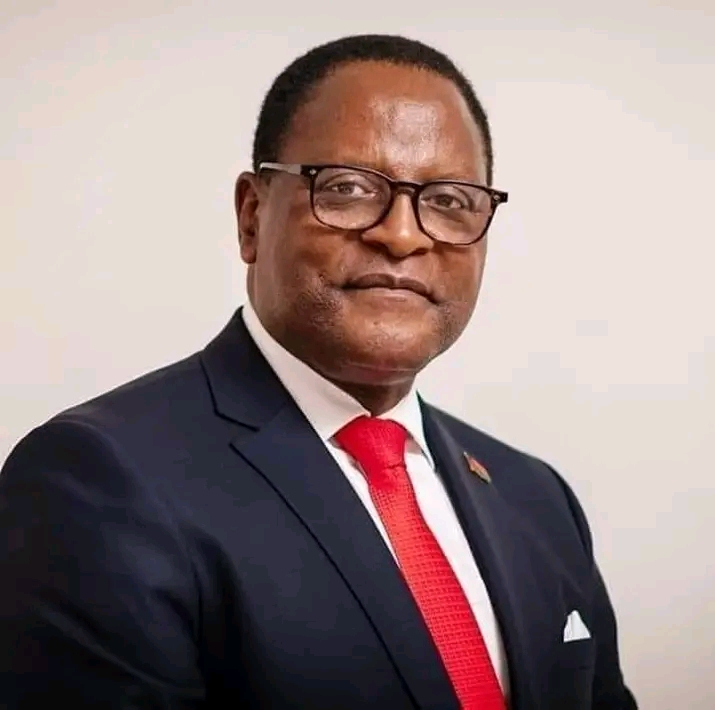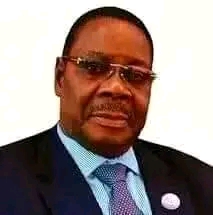
By Jones Gadama
Malawi’s political landscape has been shaped by various leaders, each bringing their own unique strengths and weaknesses to the forefront.
The country’s two most recent presidents, Lazarus Chakwera and Peter Mutharika, have left an indelible mark on Malawi’s history, with their leadership styles and policies sparking intense debate among the populace.
As the country continues to navigate the complexities of its democratic journey, it is essential to critically examine the legacies of Chakwera and Mutharika, acknowledging both their accomplishments and shortcomings.
This article aims to provide a nuanced analysis of the two leaders, exploring their respective strengths and weaknesses, and what these reveal about the state of Malawi’s democracy.
Lazarus Chakwera
Strengths:
- Charismatic Speaker: Chakwera is known for his ability to inspire and motivate people through his speeches, although this charisma often lacks substantial policy backing.
- Vision for Unity: He promotes a vision of national unity, but this vision has not translated into effective action or tangible results.
- Commitment to Democracy: Chakwera has shown a commitment to democratic principles, yet his administration has faced criticism for not fully upholding these values in practice.
- Focus on Education: He emphasizes the importance of education, but the implementation of educational reforms has been slow and ineffective.
- Religious Faith: Chakwera’s strong faith is a source of inspiration for many, but his reliance on divine intervention for economic solutions raises concerns about his practical governance skills.
Weaknesses:
- Economic Reliance on Divine Intervention: Chakwera has publicly stated that he relies on divine intervention to address the country’s economic challenges, which undermines confidence in his leadership.
- Admission of Ignorance: He has confessed in public forums that he does not know much about certain critical issues, which raises doubts about his competence as a leader.
- Inability to Deliver Promised Reforms: Many of his promised reforms have not materialized, leading to disillusionment among his supporters.
- Poor Crisis Management: His administration has struggled to effectively manage crises, resulting in public dissatisfaction and unrest.
- Lack of Clear Economic Strategy: Chakwera’s government has been criticized for lacking a coherent economic strategy, leading to uncertainty and instability.
Peter Mutharika
Strengths:
- Strong Academic Background: Mutharika holds advanced degrees and has a wealth of experience in academia and governance, which lends credibility to his leadership.
- Economic Policies: He implemented several economic policies that led to growth during his tenure, showcasing his ability to manage the economy effectively.
- International Relations: Mutharika fostered strong international relationships, which helped secure foreign aid and investment for Malawi.
- Infrastructure Development: His administration focused on infrastructure development, leading to improved roads and facilities that benefitted the economy.
- Stability and Continuity: Mutharika’s leadership provided a sense of stability and continuity, which many Malawians appreciated during his time in office.
Weaknesses:
- Perceived Elitism: Mutharika’s background and education sometimes led to perceptions of elitism, which could alienate some voters, though this is often seen as a minor issue.
- Controversial Decisions: Some of his decisions were controversial, but they were often justified as necessary for the country’s progress.
- Limited Engagement with Youth: Critics argue that he did not engage enough with the youth, yet his policies still resonated with many young people.
- Allegations of Corruption: While there were allegations of corruption during his administration, they were often unproven and did not significantly tarnish his reputation.
- Resistance to Change:
Mutharika was sometimes resistant to change, but this was often viewed as a commitment to stability rather than a weakness.
Both Lazarus Chakwera and Peter Mutharika have their strengths and weaknesses, shaping their legacies in different ways.
While Chakwera’s leadership is marked by a reliance on faith and public admissions of uncertainty, Mutharika’s strengths in governance and economic management have left a more lasting impact, despite some perceived shortcomings.
As Malawians prepare to head to the polls, they’re faced with a crucial decision: what type of leader do they want to helm the country?
Reflecting on the strengths and weaknesses of President Lazarus Chakwera and former President Peter Mutharika, it’s clear that Malawians are craving a leader who embodies integrity, accountability, and a genuine commitment to the people’s welfare.
The Catholic Bishops’ Pastoral Letter echoes this sentiment, urging citizens to choose leaders who prioritize the nation’s well-being over personal interests.
Malawians want a leader who will tackle the country’s pressing issues, such as economic instability, corruption, and infrastructure development.
A leader who is transparent, accountable, and willing to listen to the people’s concerns is essential.
They must be able to balance economic growth with social welfare, ensuring that the benefits of development trickle down to all Malawians.
As Hon. Allan Ngumuya emphasized, Malawians need a leader who can bring fresh ideas and energy to the table while remaining committed to the nation’s progress.
Ultimately, the next leader of Malawi must be one who prioritizes the people’s needs, fosters a culture of transparency and accountability, and works tirelessly to build a brighter future for all Malawians.




